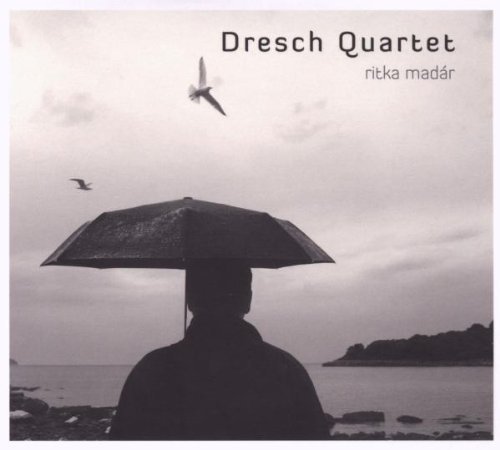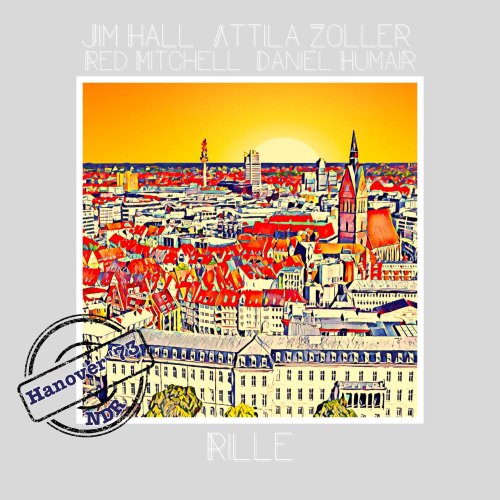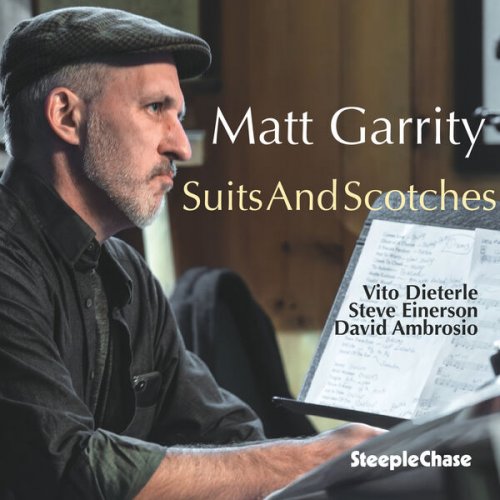Rafael Kubelik and Wiener Philharmoniker - Brahms: Symphonies Nos. 1-4 (2017)
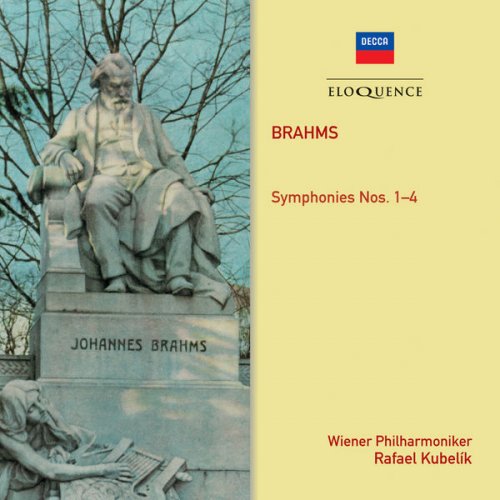
Artist: Rafael Kubelik, Wiener Philharmoniker
Title: Brahms: Symphonies Nos. 1-4
Year Of Release: 2017
Label: Decca Music Group Limited
Genre: Classical
Quality: flac lossless
Total Time: 02:38:20
Total Size: 804 mb
WebSite: Album Preview
TracklistTitle: Brahms: Symphonies Nos. 1-4
Year Of Release: 2017
Label: Decca Music Group Limited
Genre: Classical
Quality: flac lossless
Total Time: 02:38:20
Total Size: 804 mb
WebSite: Album Preview
---------
01. Brahms: Symphony No.1 in C minor, Op.68-1. Un poco sostenuto-Allegro-Meno allegro
02. Brahms: Symphony No.1 in C minor, Op.68-2. Andante sostenuto
03. Brahms: Symphony No.1 in C minor, Op.68-3. Un poco allegretto e grazioso
04. Brahms: Symphony No.1 in C minor, Op.68-4. Adagio-Più andante-Allegro non troppo, ma con brio-Più allegro
05. Brahms: Symphony No.2 in D, Op.73-1. Allegro non troppo
06. Brahms: Symphony No.2 in D, Op.73-2. Adagio non troppo-L'istesso tempo, ma grazioso
07. Brahms: Symphony No.2 in D, Op.73-3. Allegretto grazioso ( Quasi andantino)-Presto ma non assai
08. Brahms: Symphony No.2 in D, Op.73-4. Allegro con spirito
09. Brahms: Symphony No.3 in F, Op.90-1. Allegro con brio-Un poco sostenuto-Tempo I
10. Brahms: Symphony No.3 in F, Op.90-2. Andante
11. Brahms: Symphony No.3 in F, Op.90-3. Poco allegretto
12. Brahms: Symphony No.3 in F, Op.90-4. Allegro
13. Brahms: Symphony No.4 in E minor, Op.98-1. Allegro non troppo
14. Brahms: Symphony No.4 in E minor, Op.98-2. Andante moderato
15. Brahms: Symphony No.4 in E minor, Op.98-3. Allegro giocoso-Poco meno presto-Tempo I
16. Brahms: Symphony No.4 in E minor, Op.98-4. Allegro energico e passionato-Più allegro
Even while creating a sensation across the US, with concerts in Chicago, Cleveland, New York and further afield, Rafael Kubelík recorded the four symphonies of Brahms with the Vienna Philharmonic for Decca (in stereo) in the 1950s. Long unavailable, they are here presented together for the first time on CD, in an economical 2CD package, further enhanced by both new digital remasterings from the original tapes, and an extensive appreciation of the happy marriage of composer and conductor by Rob Cowan.
Cowan observes that Kubelík came to take a more expansive view of this music in the recorded cycle he made almost 30 years later with the Bavarian Radio Symphony Orchestra. In Vienna, exposition repeats were cut, tempi were taut and often uncommonly swift for the time, even in the pastoral Second and ruminative Third symphonies; impulsiveness and sudden access to drama were paramount, yet always modulated by the renowned, sweetly refined string sound. ‘Music has always developed by moving on to something new once one idiom has been exhausted,’ the conductor once remarked, ‘but it has always had a form. Like a tree, like a man, it must have a skeleton, flesh and veins – it must have its own logic.’
Such sensitivity to nature and to his fellow man stood Kubelík in good stead when approaching the work of a composer who felt likewise, and yet whose creativity was indeed ruthlessly disciplined by musical logic, whether in the long-gestated, darkness-to-light journey of the First or the ineluctable tragedy of the Fourth. These qualities, too, Kubelík had absorbed from his father, the violinist Jan Kubelík, whom he always regarded with more than filial respect. There is, indeed, an evolving tradition at work in these performances which commands attention anew.
Cowan observes that Kubelík came to take a more expansive view of this music in the recorded cycle he made almost 30 years later with the Bavarian Radio Symphony Orchestra. In Vienna, exposition repeats were cut, tempi were taut and often uncommonly swift for the time, even in the pastoral Second and ruminative Third symphonies; impulsiveness and sudden access to drama were paramount, yet always modulated by the renowned, sweetly refined string sound. ‘Music has always developed by moving on to something new once one idiom has been exhausted,’ the conductor once remarked, ‘but it has always had a form. Like a tree, like a man, it must have a skeleton, flesh and veins – it must have its own logic.’
Such sensitivity to nature and to his fellow man stood Kubelík in good stead when approaching the work of a composer who felt likewise, and yet whose creativity was indeed ruthlessly disciplined by musical logic, whether in the long-gestated, darkness-to-light journey of the First or the ineluctable tragedy of the Fourth. These qualities, too, Kubelík had absorbed from his father, the violinist Jan Kubelík, whom he always regarded with more than filial respect. There is, indeed, an evolving tradition at work in these performances which commands attention anew.

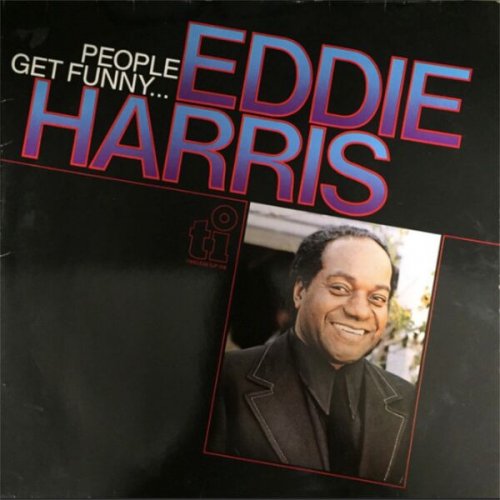
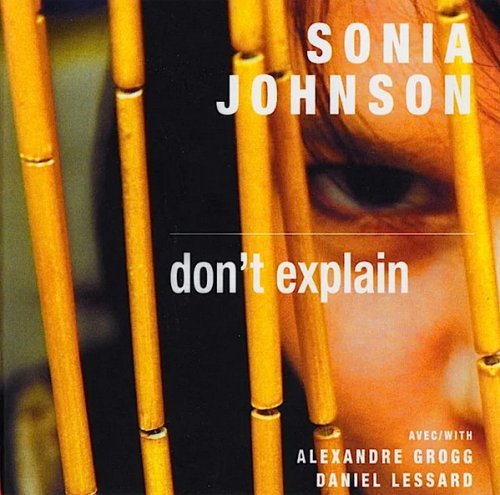
![Kate Kortum - Wild Woman Tells All (2026) [Hi-Res] Kate Kortum - Wild Woman Tells All (2026) [Hi-Res]](https://www.dibpic.com/uploads/posts/2026-01/1767862862_ajiixgeb8lsxc_600.jpg)
![Jake Baxendale - Gardening Music, Volume 1 (2025) [Hi-Res] Jake Baxendale - Gardening Music, Volume 1 (2025) [Hi-Res]](https://img.israbox.com/img/2026-01/12/h1xq4dp1lh5mal47e7fhs2e8t.jpg)
